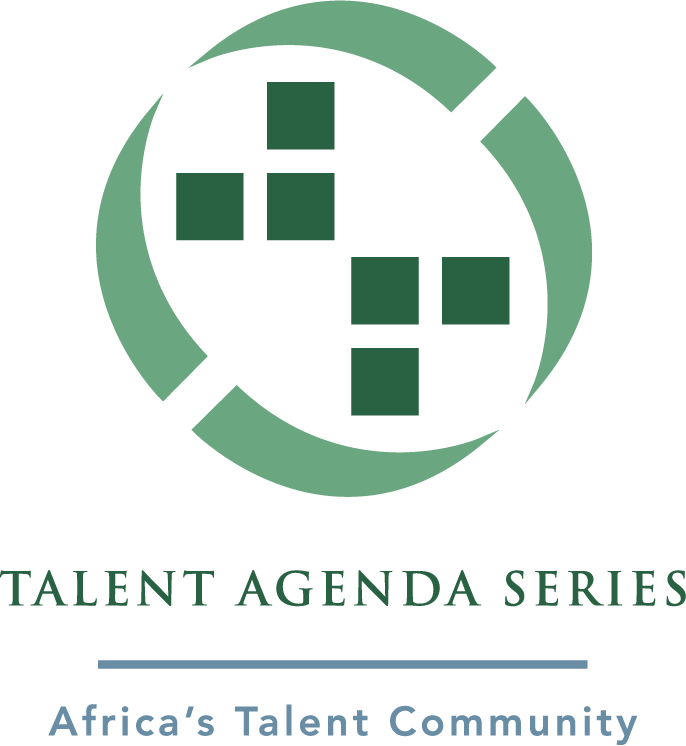Digital HR – Is the sector too late?
There are over 7 billion mobile phone devices in use around the world today. That is almost one device for every person on the planet (Source: here). And yet fewer than 20 percent of HR companies use mobile phone apps for their HR solutions.
Why is this? Why does it seem that the HR sector is so far behind other sectors in terms of technological advancement?
Forbes, in a recent survey, estimated that there are 150 million HR employees using HR software globally. This is not a small figure. It would seem that despite certain gaps in mobile HR software, digital platforms are fast becoming the modus operandi for many HR companies.
Driven by technological advancements in mobile phone and analytics software, the HR sector has in recent years witnessed a shift in mentality. Aimed at increasing productivity and improving candidate-employee relationships, the HR world is experiencing the dawn of the digital age. Yet this is still very much the dawn. Many commentators have remarked in recent years on the low percentage of businesses using these models. This, however, seems to be changing. HR companies are waking up to the advantages technology can give their business.
These advantages do not only take the form of mobile phone applications. Cloud and analytics technology has come on in leaps and bounds in the last 10 years, in particular, Software as a Service (SaaS) applications which have seen a huge rise in usage. Digital HR, or People Analytics as it is sometimes called, has disrupted not only business models but also work processes in the companies themselves. Driven by the need for organisational change and for the creation of an agile workplace, HR departments have enjoyed a more intuitive approach to HR processes.
Digitalisation can, however, bring with it certain pitfalls. With the implementation of new software comes an accompanying distrust about such modern methods. The threat to privacy remains high on clients’ agenda, and HR software has been linked to HR department down-sizing.
Despite these criticisms of the dehumanising effect of HR software, users of such software remain adamant that digitalisation is the only way forward. Through software such as Workday, employees are able to create a company network and connect with one another and with clients. Accenture, in their 2016 report on the situation of Human Resource, cites the example of a hospitality company, in which 94% of its 62,000 employees were able to connect with each through the use of HR software (Source: here).
We cannot confine this digital phenomenon, however, to one company. Across the spectrum, Human Resources sectors have seen huge technological advancements in terms of people analytics and integrated software.
The next step for the sector would be to turn its attention to the mobile phone. As technology becomes more and more focused on smaller and smaller devices, so too must the HR community. Ensuring a more productive and more agile work process has become the essential. Things are speeding up.
About Talent Agenda Series
The Talent Agenda Series is the leading human-capital platform, bringing HR and business leaders together from across Africa to tackle talent management and capacity development challenges. Through interactive sessions, cutting-edge research and thought-leading expertise, local, regional and multinational organisations connect to share best practice, network with peers and develop solutions to leverage the expanding talent pool and drive business growth in a time of disruption.
